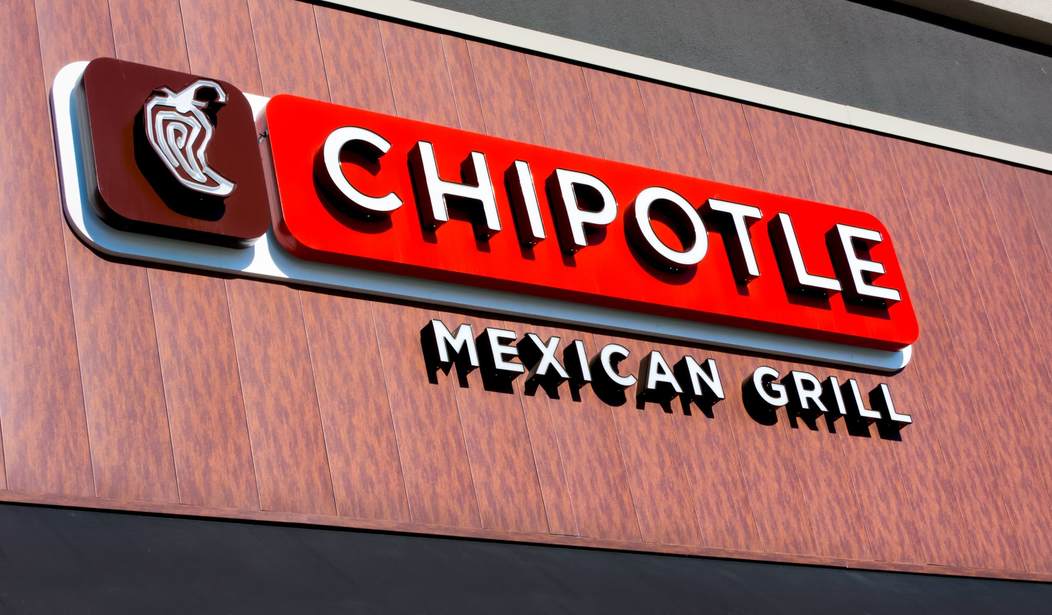As a resident of a small exurb, I regularly hear appeals to support local business. So long as such appeals rest on the value of local offerings, I don’t mind them.
But too often these appeals to buy local take on a shaming quality. You should buy local because it supports your community, people will say. Really? Why? If I’m not getting the highest possible value from a local vendor, why should I support them?
That’s one of the points made in a recent piece at Forbes by contributor Henry I. Miller. Writing of the operational woes plaguing Chipotle, a popular chain of Mexican restaurants touting all-natural locally sourced ingredients, Miller questions the value of buying local for the sake of buying local.
Instead of buying from the most technologically advanced farms, Chipotle instead makes a point of sourcing as many ingredients as possible from nearby farms so it can tout ingredients as “locally grown.” But this locavorism misses some of the important lessons of Economics 101—namely, the benefits of specialization and comparative advantage. By letting people specialize in those things that they are relatively good at making and then trading with others, we all become richer and better off than if we all tried to be self-sufficient. It’s no coincidence that the cultivation of crops such as corn, wheat, potatoes, and wine grapes is clustered in certain parts of the country best suited to them.
And in spite of what one might intuit, chances are that buying local isn’t any more environmentally friendly. Although local foods do travel fewer miles, there is much more to calculating environmental impact than food-miles. The vast majority of greenhouse-gas emissions occur near where the commodity is produced. As a result, it is logical to find the most efficient spots to grow fruits and vegetables and, from there, to ship them to other regions.
Setting aside logic, there remains a romantic appeal to buying local. It’s like buying cookies for a fundraiser or ordering soap from your aunt’s home business. It feels good to support people close to you, people that you know and see on a regular basis. Even if you aren’t always getting the best product for your money, it’s worth it as a gesture of goodwill. The value in such transactions expands beyond the product to include relating with another human being. There’s nothing wrong with that.
However, attempts to derive a broader principle, dictating that one must buy local to be a decent human being, proves disingenuous at best. At worst, it can actually hurt people. Miller writes of the dire consequences of Chipotle’s sentimental marketing:
Chipotle rejects modern synthetic fertilizers in favor of suppliers who use manure on their crops. This approach may be “all natural” and “organic” and make some customers feel warm and fuzzy, but it should not come as a surprise that applying stool, feces and excrement to growing fruits and vegetables significantly raises the risk of spreading disease. Bruce M. Chassy, food science professor emeritus at the University of Illinois at Champaign-Urbana scoured U.S. Food and Drug Administration data to conclude that organic food is four to eight times more likely to be recalled over safety concerns than conventionally grown products.
Food poisoning is a serious business. Four years ago, 53 died and 3,950 were sickened from an E. coli outbreak in Germany caused by organic bean sprouts.
Miller’s entire piece is worth reading. It calls into question various “food faddism and mythology” which persists throughout our culture.
Miller beats around a particular bush, an altruistic notion that purchasing decisions should be made not for the consumer’s benefit, but for the benefit of others. You should buy local to support the local economy. You should buy organic to save the planet. In this way, your consumer choices become both moments of activism and social statements. Chipotle doesn’t just sell you a burrito. They sell you a status symbol, a mark of social responsibility and higher consciousness. When you eat there, you’re not just fed, you become a better human being.
And hey, if that floats your boat, go right ahead. Just realize that you’re rolling dice which may come up E. coli. Natural doesn’t necessarily mean safe. Local doesn’t necessarily mean good.









Join the conversation as a VIP Member